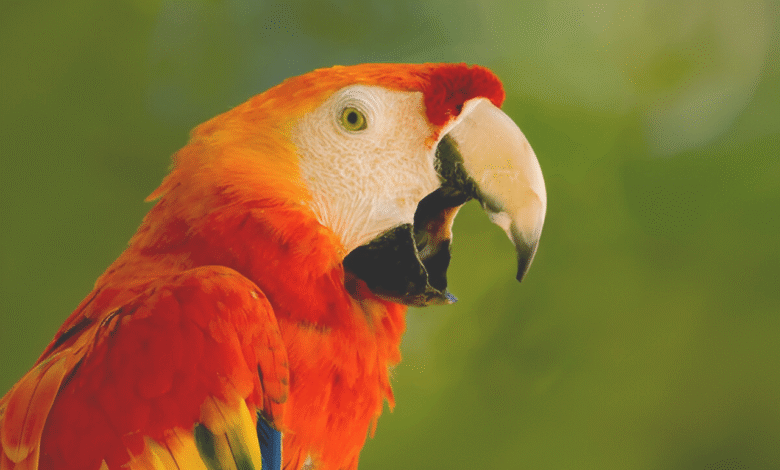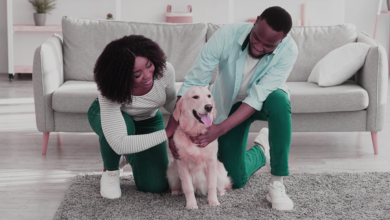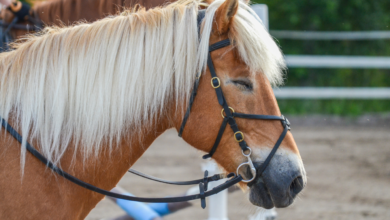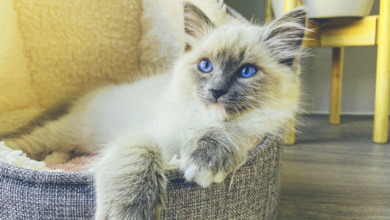
Parrot Talking Tips: How to Teach Words & Phrases Fast
Teaching your parrot to talk fast? Discover proven parrot talking tips to train words & phrases quickly with expert techniques. Start today.
Teaching your Parrot Talking is an exciting and rewarding experience that strengthens your bond with your feathered companion. Known for their incredible mimicking abilities, parrots like African Greys, Amazons, and Cockatoos can learn words and phrases with the right approach. Whether you’re a first-time owner or an experienced bird enthusiast, understanding the best Parrot Talking tips will help you accelerate the learning process and enjoy fun, interactive conversations with your pet.
To teach your Parrot Talking fast, you’ll need patience, consistency, and the right training techniques. Some parrots pick up words within weeks, while others may take months but with the proper methods, any talkative species can develop an impressive vocabulary. This guide will walk you through the most effective strategies, from choosing simple words to using positive reinforcement, ensuring your feathered friend becomes a chatterbox in no time.
Parrot Talking Tips
Understanding Your Parrot’s Ability to Talk
Not all Parrot Talking, but species like African Greys, Amazons, and Cockatoos are known for their exceptional mimicking skills. Younger parrots, especially those under one year old, learn faster than older birds. Before starting, observe your parrot’s behavior does it respond to sounds or try to mimic noises? If so, it’s a good candidate for speech training.
Creating the Right Environment for Learning
A quiet, distraction-free space helps your parrot focus during training sessions. Avoid loud noises or sudden movements that might startle the bird. Consistency is key train at the same time daily, preferably in the morning when parrots are most active. Use a calm, encouraging tone to make your bird feel comfortable and eager to learn.
Choosing Simple Words & Phrases
Start with easy, one-syllable words like “hello,” “hi,” or “bye.” Once your parrot masters these, move to short phrases like “good bird” or its name. Repetition is crucial—say the word clearly and slowly multiple times. Avoid long sentences initially, as they may confuse your bird.
Using Positive Reinforcement
Reward your parrot immediately after it attempts to mimic a word. Treats, head scratches, or verbal praise like “good job!” reinforce positive behavior. Never punish your bird for not speaking—this creates stress and slows learning. Instead, stay patient and celebrate small progress.
Repetition & Consistent Training Sessions
Short, frequent sessions (5-10 minutes, 2-3 times daily) work better than long, exhausting ones. Repeat the same words daily until your parrot responds. Over time, it will associate sounds with rewards, encouraging faster learning.
Using Audio Recordings & Mirror Training
Playing recordings of words or phrases can help your parrot practice when you’re not around. Some birds respond well to mirrors, as they perceive their reflection as a companion and try to communicate. However, limit mirror use to prevent obsession.
Social Interaction & Mimicking
Parrots learn faster when they bond with their owners. Spend time Parrot Talking to your bird naturally narrate your actions, sing, or whistle. The more Social interaction it gets, the quicker it will pick up words.
Avoiding Common Training Mistakes
Don’t overwhelm your parrot with too many words at once. Stick to one or two before introducing new ones. Avoid negative reinforcement, as fear hinders learning. Also, ensure your bird is healthy stress or illness can delay progress.
Advanced Training
Building on Basic Vocabulary Foundations
Start by connecting simple words your parrot already knows into 2-3 word phrases like “Good morning” or “Want treat?” Use these in relevant situations to create natural associations. Gradually increase phrase length as your parrot shows confidence in mimicking.
Creating Meaningful Word Associations
Pair specific phrases with daily routines – say “Time for bed” when covering the cage, or “Yummy fruit” during treat time. Be consistent with your chosen phrases and accompanying actions to help your parrot understand context rather than just mimicry.
Developing Interactive Conversations
Teach question-and-response patterns like “How are you?” followed by “I’m good.” Reward attempts at back-and-forth exchanges. Some advanced Parrot Talking to answer simple questions appropriately when trained with consistent cues and positive reinforcement.
Incorporating Environmental Cues
Place training near relevant objects – practice “Want water?” by their bowl, or “Pretty bird” near a mirror. This helps anchor phrases to real-world references. Advanced parrots may eventually initiate these phrases when seeing the associated objects or situations.
Troubleshooting Common Challenges
If your parrot mixes up phrases, return to simpler combinations before progressing. For parrots that “freeze” when hearing new sentences, break them into smaller chunks. Always keep advanced sessions positive and end before frustration sets in for either of you.
Celebrating Contextual Speech Milestones
When your parrot uses a phrase appropriately without prompting (like saying “Hello” when someone enters), provide enthusiastic praise and special rewards. These spontaneous moments indicate true understanding beyond simple repetition and deserve celebration.
Patience & Long-Term Success
Consistent Daily Practice is Crucial
Short 5-10 minute sessions work better than occasional long ones. Repeat words clearly 10-15 times per session, keeping training at the same time daily. Always end on a positive note with praise or a small treat to maintain enthusiasm.
Celebrate Every Small Achievement
Reward any attempt at mimicking, even imperfect sounds. Track progress in a journal to notice gradual improvements. Remember that some parrots master words suddenly after weeks of practice when everything “clicks.”
Adjust Expectations by Species
African Greys Parrot Talking may learn phrases in weeks while cockatiels take months. Older rescues progress slower than hand-fed babies. If progress stalls, try changing your training tone or introducing new motivating rewards before getting discouraged.
Create a Supportive Learning Environment
Minimize household distractions during sessions. Ensure your parrot feels safe and bonded with you first. Incorporate speech practice into regular interactions like feeding or playtime to make learning feel natural rather than forced.
When to Seek Professional Guidance
If your parrot shows zero vocal attempts after 6 months of consistent training, consult an avian behaviorist. Sudden loss of speech in a Parrot Talking warrants a vet visit to rule out health issues affecting their ability to vocalize.
Read More: 10 Best Pet Birds for Beginners & Their Care Needs
Conclusion
Teaching your parrot to talk is a journey that requires dedication, but the results are incredibly rewarding. By using consistent training sessions, positive reinforcement, and a patient approach, you’ll help your feathered friend develop an impressive vocabulary. Remember that every parrot learns at its own pace, so celebrate small victories and maintain a fun, encouraging environment throughout the process.
With the right Parrot Talking tips, your bird can quickly pick up words, phrases, and even contextual speech. Whether you’re aiming for simple greetings or full conversations, the bond you build through this training will make the experience enjoyable for both of you. Stay persistent, keep sessions engaging, and soon enough, your parrot will surprise you with its clever mimicry and charming personality.
FAQs
What’s the easiest way to start teaching my Parrot Talking?
Begin with simple, one-syllable words like “hello” or “hi,” repeating them clearly and rewarding attempts with treats or praise.
How long does it usually take for a parrot to learn its first word?
Some parrots may mimic sounds within weeks, while others take months—consistent daily practice speeds up the process.
Are certain parrot breeds better at talking than others?
Yes! African Greys, Amazons, and Cockatoos are top talkers, while budgies and cockatiels can learn words but with more effort.
Why does my parrot whistle but not talk yet?
Whistling often comes easier to parrots keep practicing speech in short sessions and reward any verbal attempts.
Can older Parrot Talking still learn or is it too late?
While younger Parrot Talking faster, older birds can still pick up words—just be patient and use extra encouragement.







